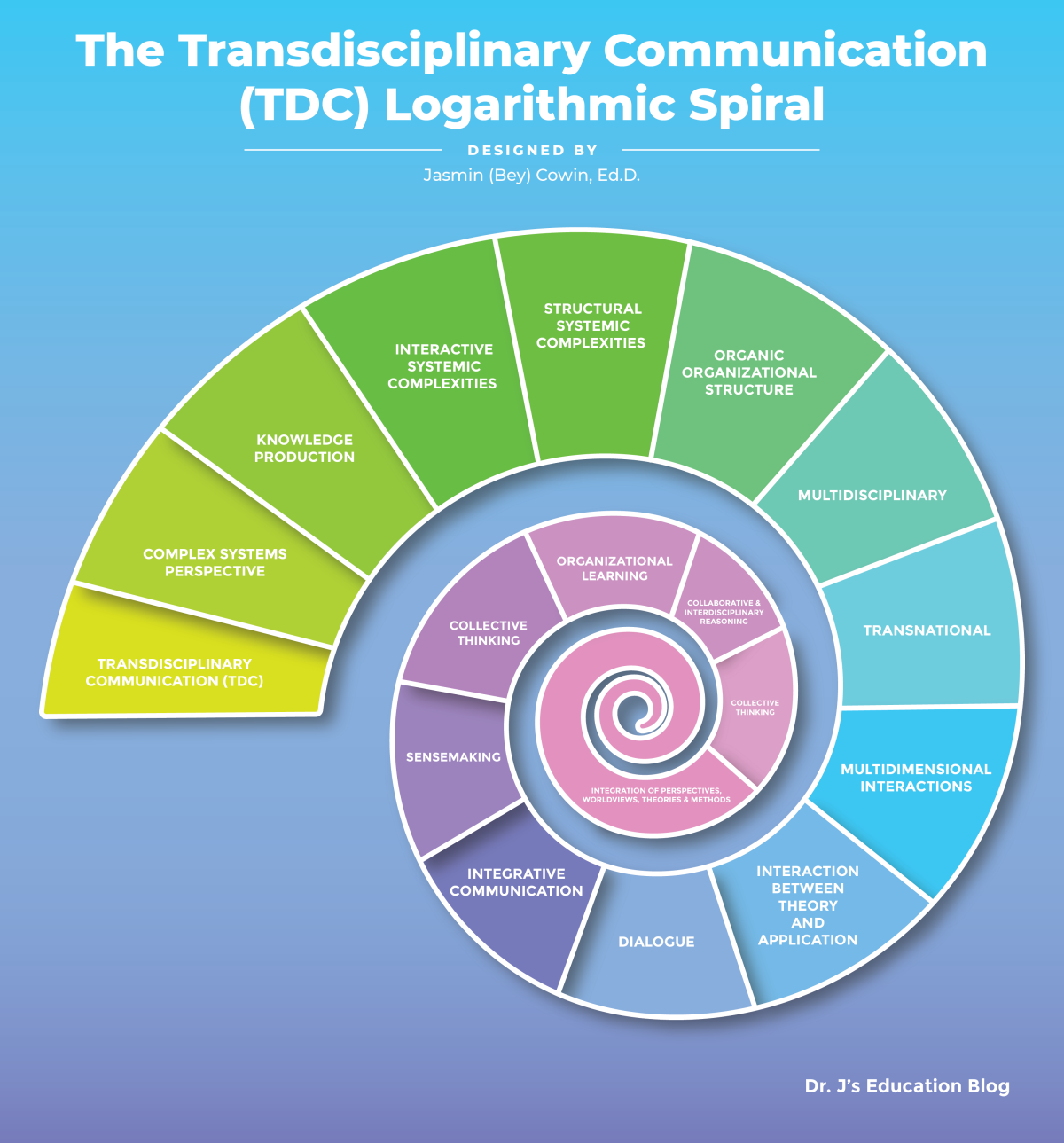Cowin, J., (Touro GSE), Oberer, B., & Leon, C. (2023). A Brave New World: AI as a Nascent Regime? Journal of Systemics, Cybernetics and Informatics, 21(4), 58-66.
https://doi.org/10.54808/JSCI.21.04.58
I ate civilization.
Aldous Huxley, Brave New World, 1932, p. 165
Introduction by Dr. Jasmin (Bey) Cowin
In my role as the lead author of ” A Brave New World: AI as a Nascent Regime?” I explored the parallels between Aldous Huxley’s 1932 masterpiece, “Brave New World,” and the contemporary advancements in Artificial Intelligence (AI). I found myself deeply engaged with themes of predestination, emotional regulation, and societal control forecasting a dystopian AI-driven society. By using “Brave New World” as a metaphorical frame, I emphasize the importance of critically assessing the role of AI in shaping human society while providing a structured logical argument, the Logic Model for AI Governance and Ethical Oversight (AI-GEO model) about the evolving role of AI in governance and the corresponding need for ethical oversight.
My metaphorical approach provided a compelling backdrop for many transdisciplinary discussions with Prof. Birgit Oberer and Cristo Leon on the challenges and responsibilities associated with technological advancement, emphasizing the importance of maintaining human autonomy and diversity in the face of rapid AI development. Huxley’s depiction of a future where human roles are predetermined and emotions are meticulously regulated mirrors the potential implications of AI in our era. As Huxley states, “We also predestine and condition. We decant our babies as socialized human beings, as Alphas or Epsilons, as future sewage workers or future…” (Huxley, 1932, p. 11). This notion of a controlled destiny becomes increasingly pertinent as AI algorithms begin to dictate career paths, social interactions, and even ethical decisions.
The rise of AI-driven technologies such as deep learning and predictive analytics underscores the collective authors collective concern. For example, AI algorithms in recruitment software can predetermine an individual’s career trajectory, echoing Huxley’s categorization of individuals into Alphas or Epsilons. Similarly, AI in social media algorithms shapes our perceptions and interactions, subtly conditioning our responses in ways that Huxley might have anticipated. While AI offers opportunities for advancement, it also poses risks similar to those in Huxley’s world: the erosion of individuality and the emergence of a controlled society. Our challenge is to navigate such technological progression while adhering to ethical standards that safeguard individual autonomy and societal diversity, particularly from a systems perspective. We argue that the transformative potential of AI must be balanced with a conscientious approach to ethics and governance. AI’s ability to influence human behavior and societal norms raises significant questions about the preservation of human authenticity and diversity. It is crucial to critically evaluate the impact of AI on our social ethos, logos, and pathos and to ensure that its deployment enhances, rather than diminishes, the human experience.
Facit: A Brave New World: AI as a Nascent Regime? serves as a reflection on humanity’s role in an age of automation and as a call to action for responsible AI use. It is an exploration of the balance between technological advancement and the preservation of the core values that define our humanity.
Transdisciplinary dialogues are essential in ensuring that AI serves as a tool for enriching human experiences without compromising the nuances that define our identity and autonomy.
The authors gratefully acknowledge the insightful support by the Guest Editors:
Nagib CALLAOS, Jeremy HORNE and Michael SAVOIE from WMSCI/IMCIC 2023
Jasmin (Bey) Cowin

